Quantum AI: The Intersection of Quantum Computing and Artificial Intelligence
Probably, quantum computing and artificial intelligence (AI) are the most revolutionary inventions of the 21st century-its convergence opening unprecedented enhancements in computing power and solutions for complex problems. Even though classical computers are powerful in many ways, they are not really very capable in trying to solve such highly complex problems as big-scale optimization, drug discovery, or crypto-graphic challenges. The promise of quantum computing offers the acceleration of AI development, where ultimately unsolvable problems in earlier practice now can be solved faster and more efficiently.
What is Quantum AI?
Quantum computing relies on quantum mechanics to compute in a fundamentally different manner than any other kind of computer. That is, whereas a classical computer uses bits to process its data-combinations of 0s and 1s-classical computers use quantum bits or qubits, which thanks to the principles of superposition and entanglement, can exist in multiple states simultaneously. This makes quantum computers exponentially more powerful than classical computers for certain types of tasks.
 On the other hand, AI uses algorithms and data to enable machines to learn and make decisions. Sometimes, especially when dealing with deep learning networks and large datasets, traditional AI models require huge computational powers to train and optimize. If the marriage between AI and quantum computing becomes fruitful, then it is almost certain that the bottlenecks of the classical computers will become a thing of the past, and AI should increase its processing of huge data sets most efficiently as well as be able to tackle much more complex problems.
On the other hand, AI uses algorithms and data to enable machines to learn and make decisions. Sometimes, especially when dealing with deep learning networks and large datasets, traditional AI models require huge computational powers to train and optimize. If the marriage between AI and quantum computing becomes fruitful, then it is almost certain that the bottlenecks of the classical computers will become a thing of the past, and AI should increase its processing of huge data sets most efficiently as well as be able to tackle much more complex problems.
How Quantum Computing Can Accelerate AI Development
Quantum computers can speed up computations that would be impractically long on a classical computer. Quantum machine learning is a hot, and contemporary topic of research which emphasis of quantum computing for improving techniques in the realm of AI such as optimization, recognition, and data processing.

- Acceleration of AI Training With a quantum computer that can calculate millions of variables and combinations simultaneously, the training of AI models can also be accelerated significantly. For example, in systems optimizing for image or speech recognition neural networks, which generally take such vast amounts of computation time, a quantum processor can implement this much faster.
- For instance, most AI models do not perform very well on problems with large complex data-sets or require heavy computational resources such as climate modeling, drug discovery, and financial modeling. Quantum AI can highly impact fields such as cryptography, where quantum computers can break the traditional encryption algorithms that exist today, and materials science, where quantum AI accelerates the discovery of new materials or drugs.
Potential Applications of Quantum AI
Cryptography: a quantum computer might break all currently used cryptographic systems and, at the same time, could prompt the development of quantum-resistant encryption methods. The creation of further secure cryptographic protocols might be a result of the development of quantum AI.
-
Materials Science: Quantum AI would allow a simulation of molecular structure and chemical reactions at unprecedented rates. This should lead to radical breakthroughs in materials science and drug discovery, allowing for the discovery of new materials or medicines much faster than has ever been possible.
-
Optimization problems: Optimization problems in logistics, supply chain management, finance, and related fields that are considered not easy to solve on traditional computers might become easier to solve through Quantum AI because they allow for the possibility of faster resolution and better efficiency.
Conclusion
Quantum AI represents the intersection point of two revolutionary technologies. As a result, in crypto, health or materials science, areas of application that this technology can unlock seem simply gigantic. The possibility of accessing, by a quantum path, unprecedented computational power to drive AI development would open up doors to new discoveries inaccessible for classical systems. Indeed, it is the future of AI.
Important Link
- How did Kris Kristofferson die
- How to sign in bank of America online
- Millie Bobby Brown and Jake Bongiovi: A Love Story for the Ages
- India Women vs South Africa Women Cricket Match 2024
- Is Iran attacking Israel
- What happened to John Amos
- How many leagues are there in sports
- What are sports leagues
- How many times India beat Bangladesh?
Disclaimer: chronobazaar.com is created only for the purpose of education and knowledge. For any queries, disclaimer is requested to kindly contact us. We assure you we will do our best. We do not support piracy. If in any way it violates the law or there is any problem, please mail us on chronobazaar2.0@gmail.com


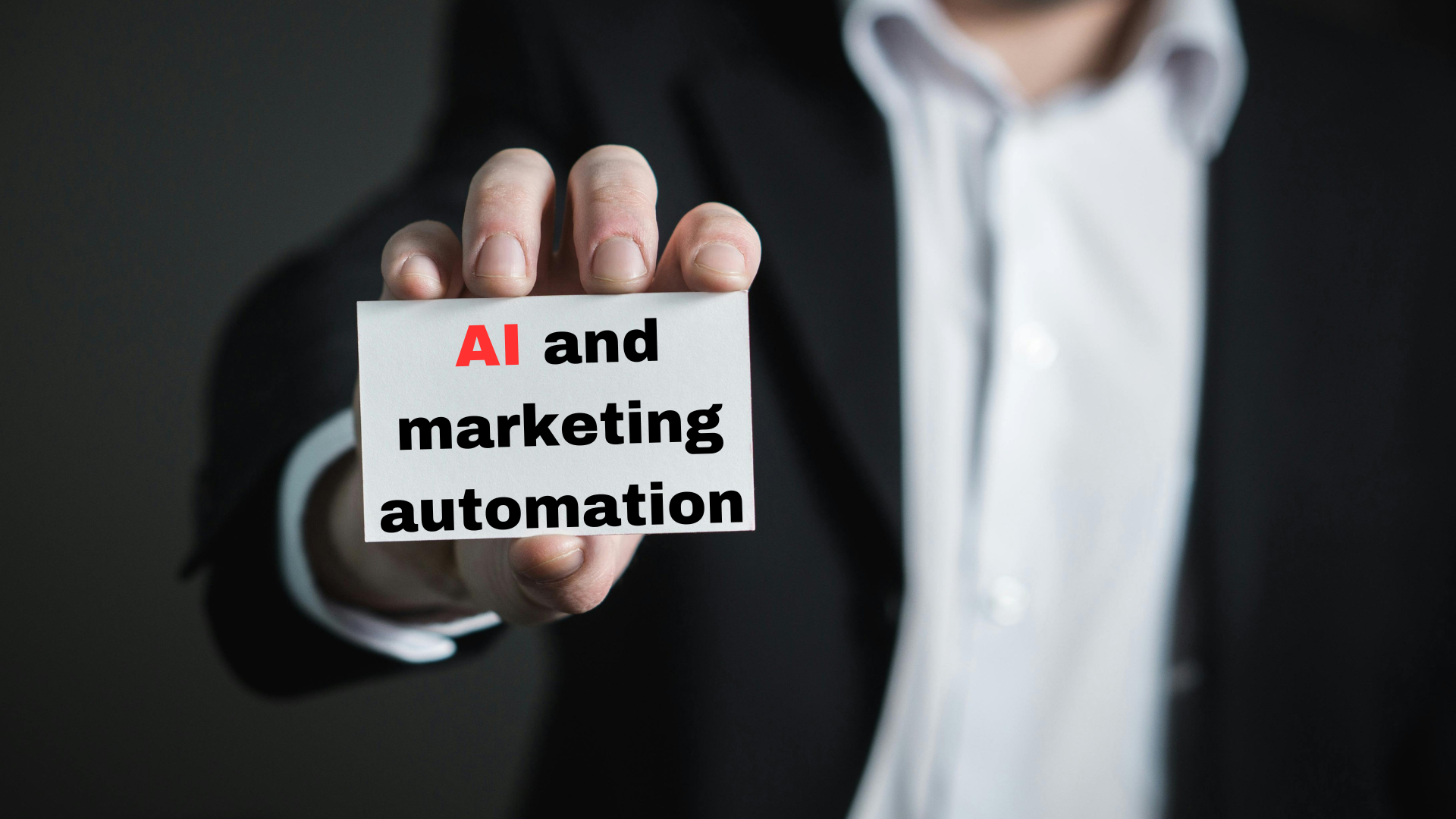

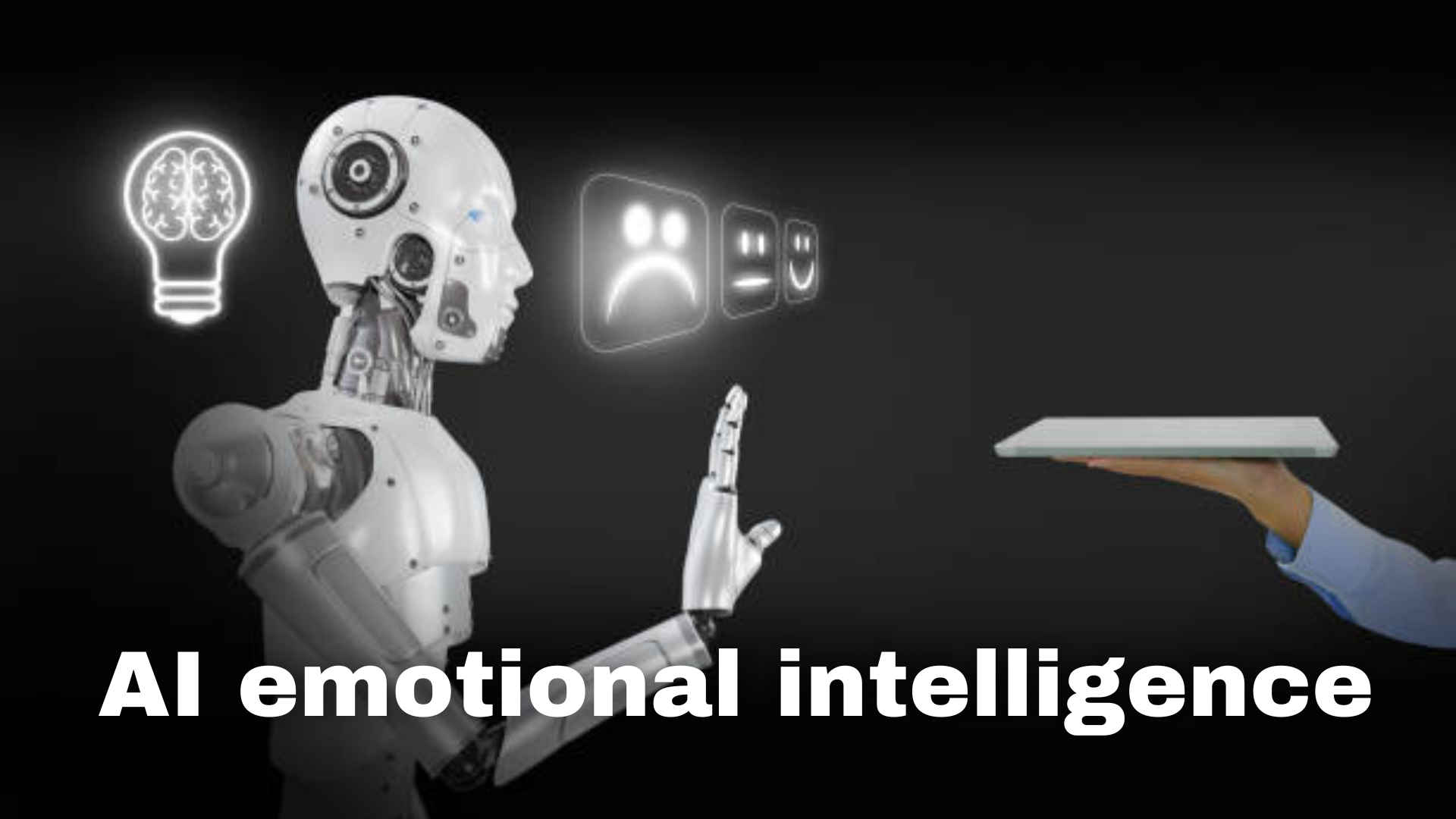
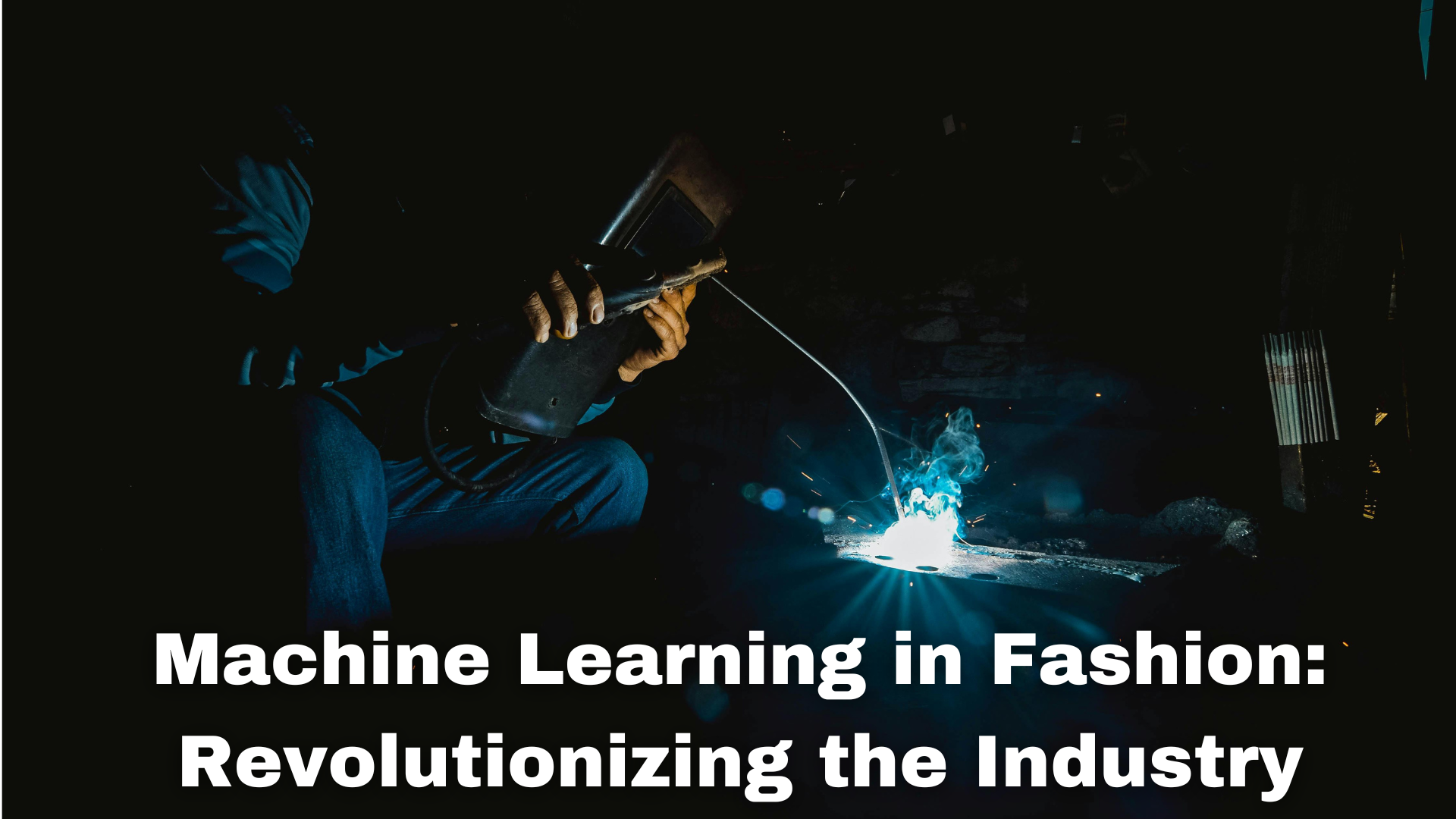
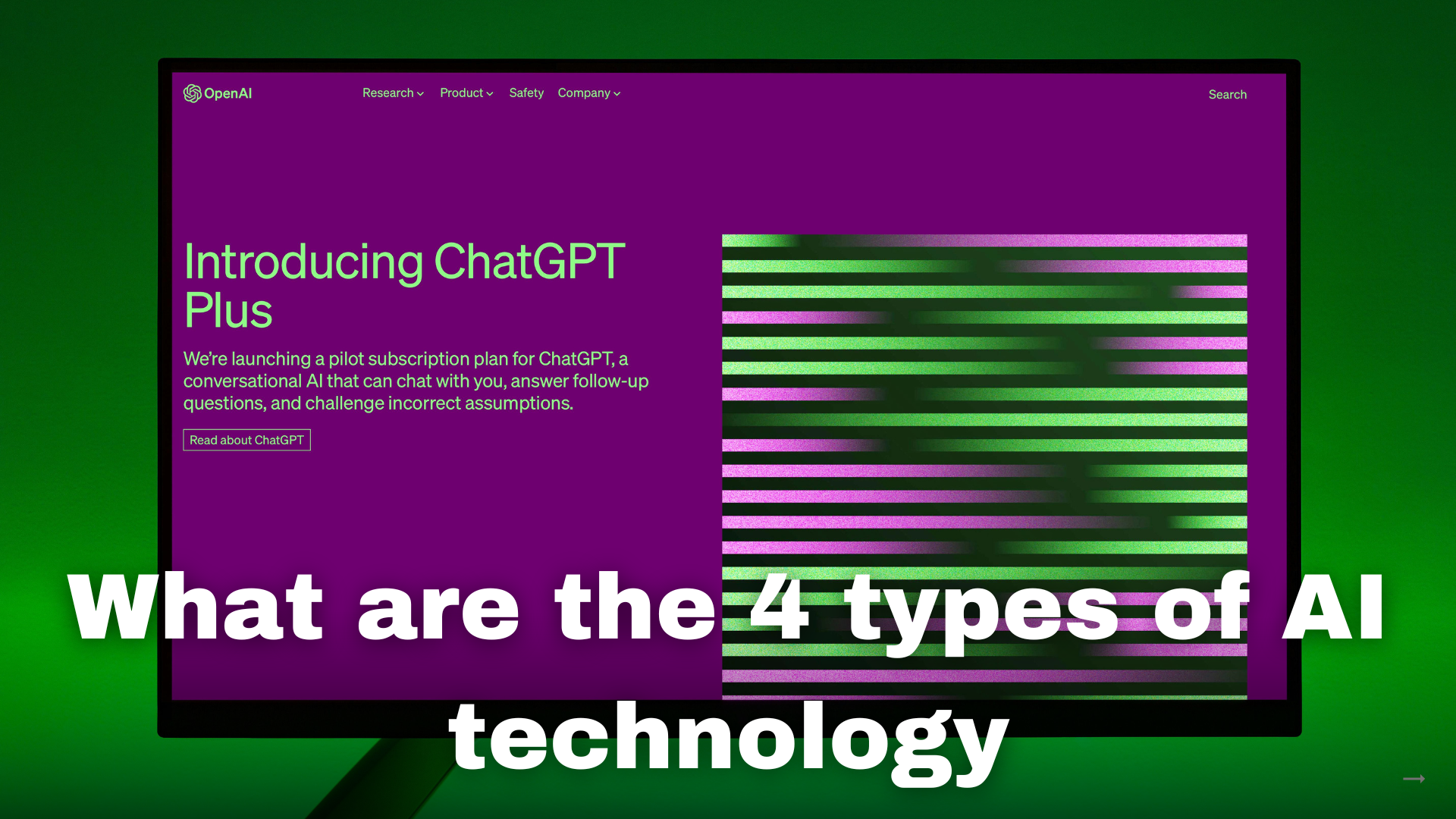

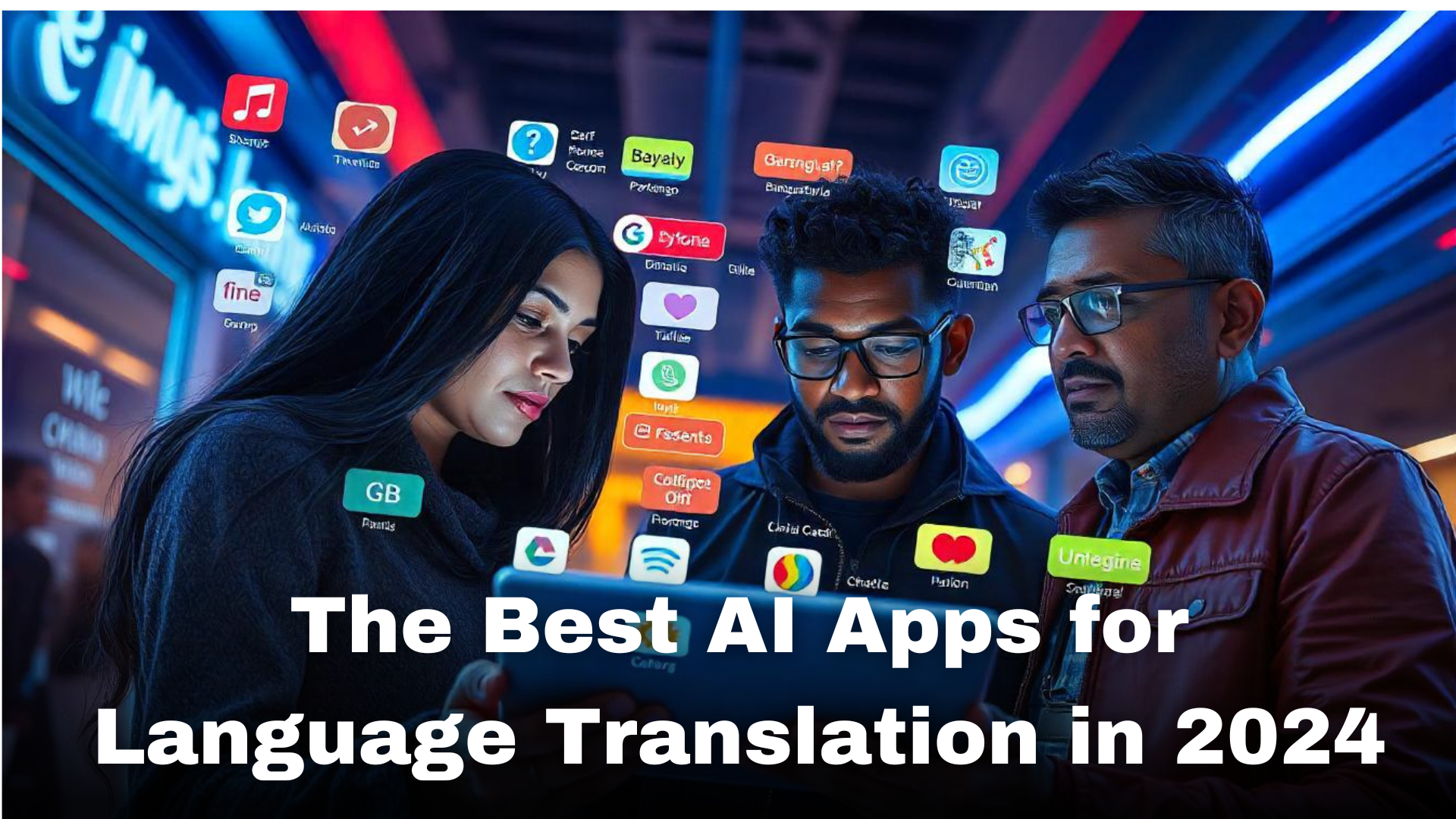


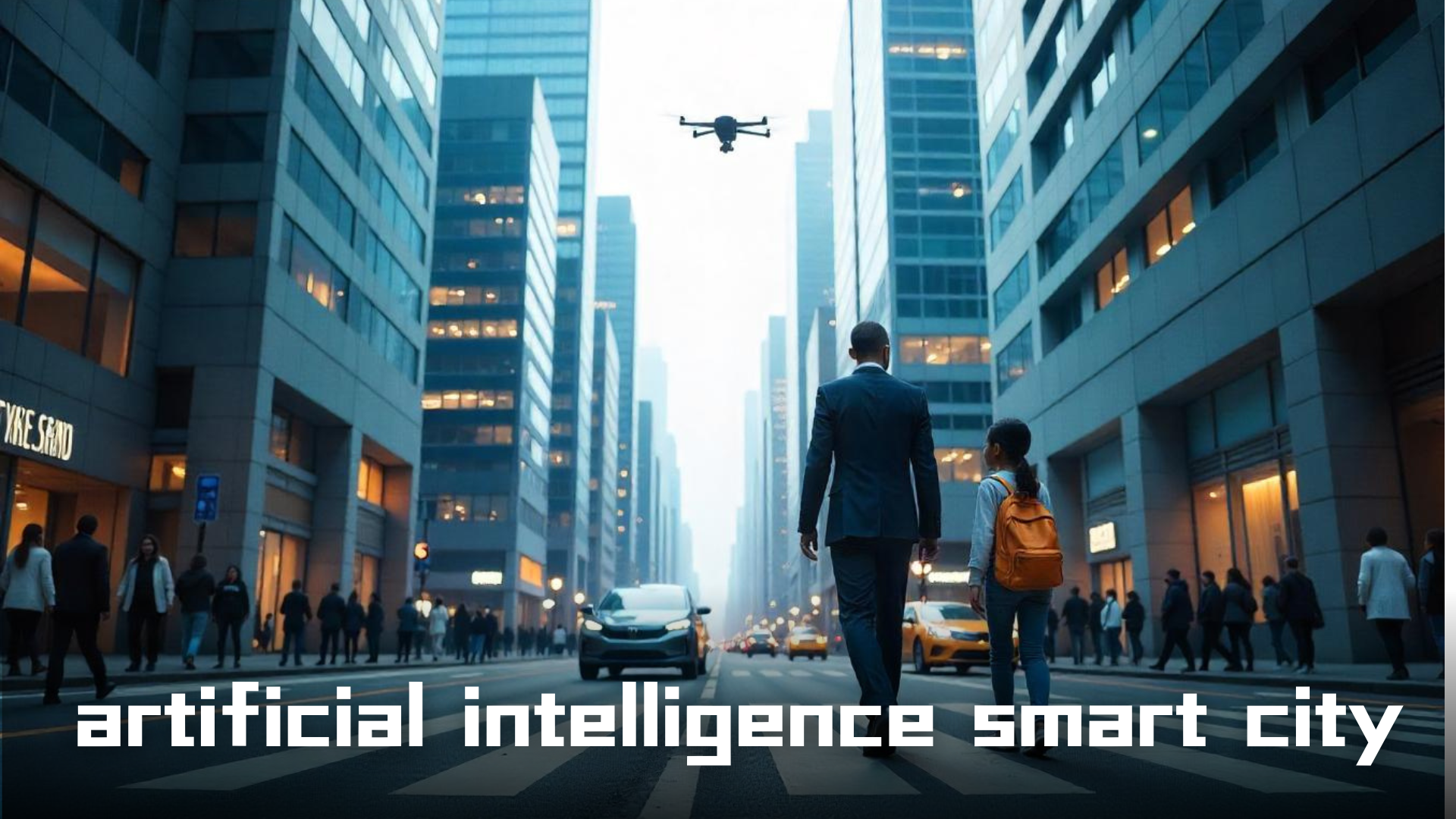



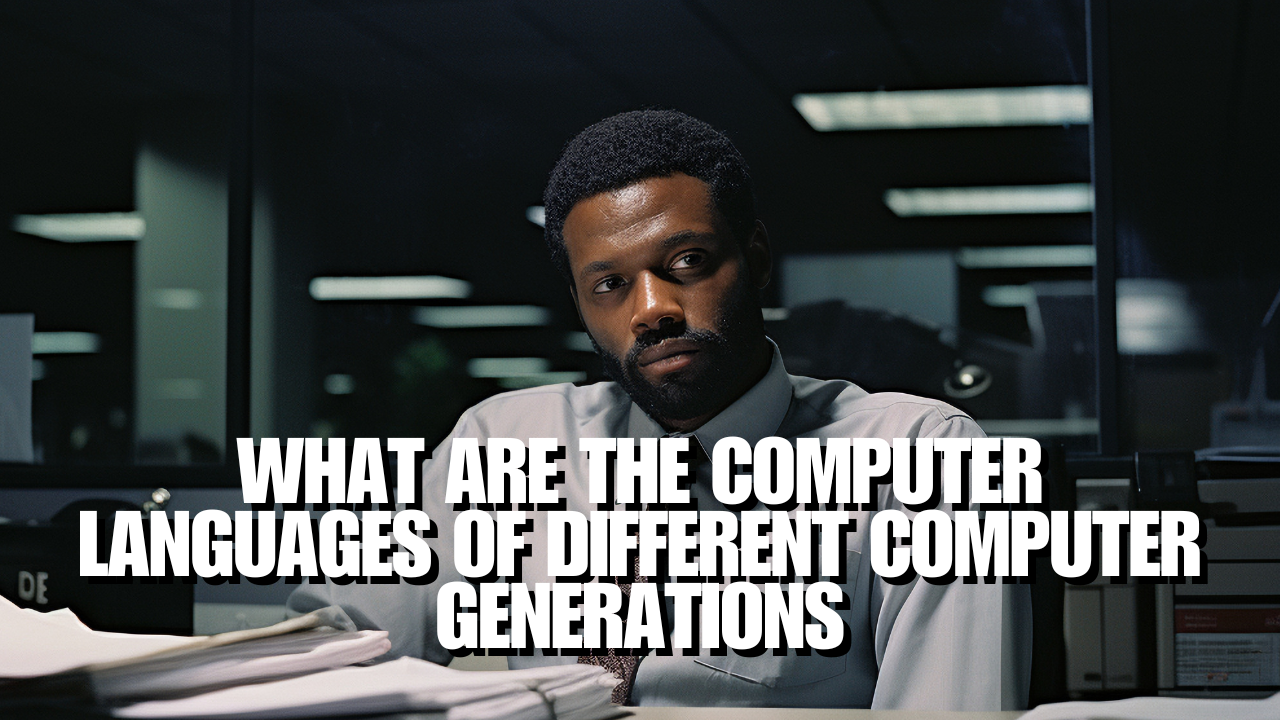
Leave a Reply